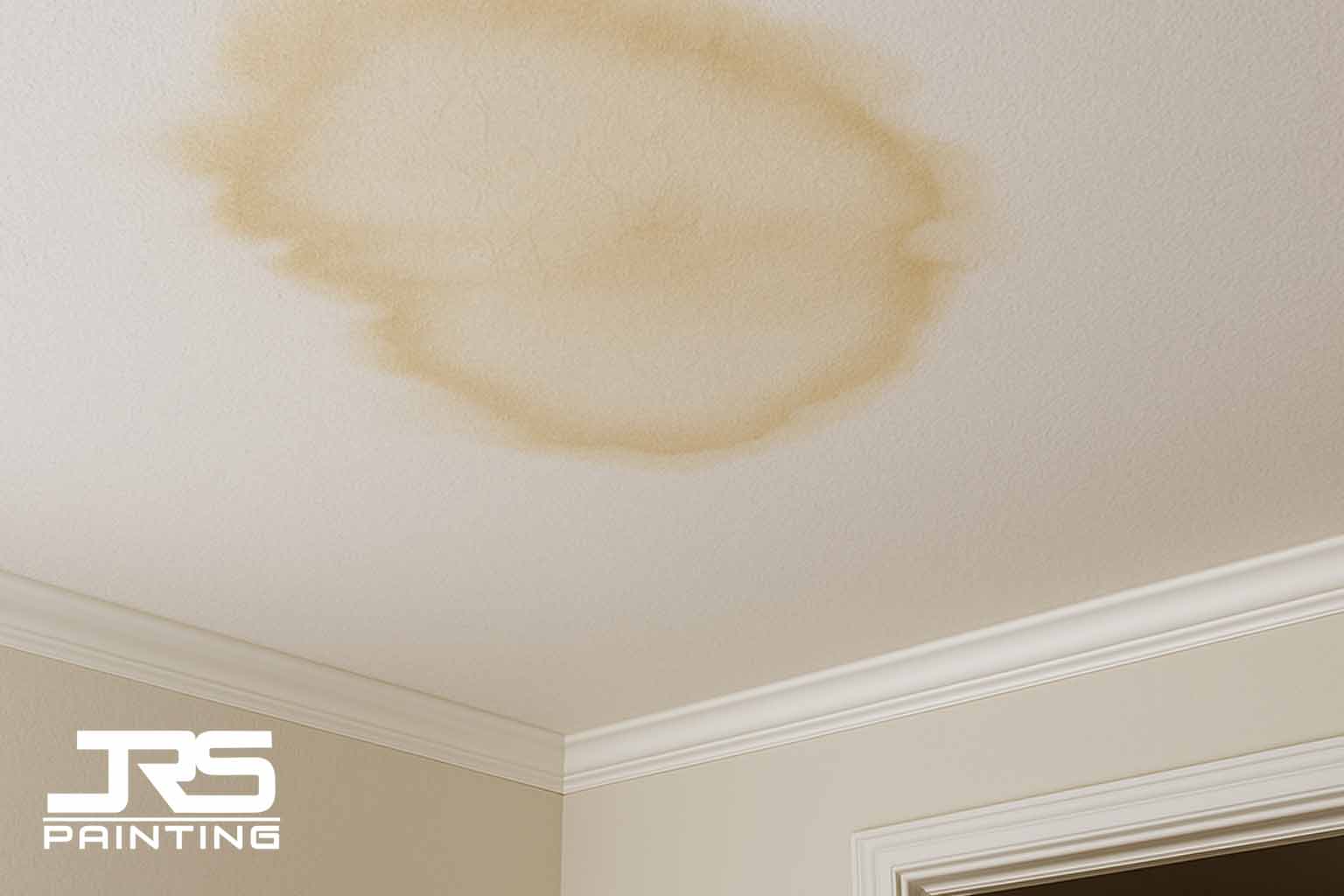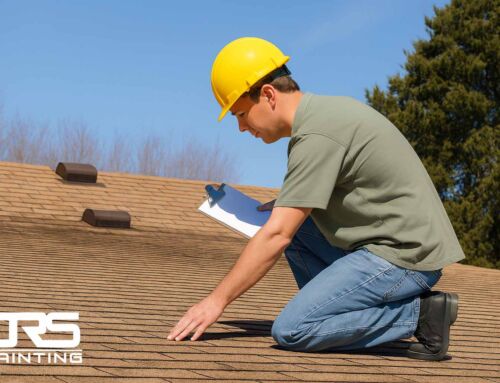Your roof is your home’s first line of defense against the elements, but like any part of your house, it won’t last forever. Knowing when to replace your roof can save you thousands of dollars in water damage repairs and protect your family’s safety. Most residential roofing systems last 20-30 years, but several warning signs can indicate it’s time for a replacement well before then.
Age of Your Roof
The most straightforward indicator that you need roof replacement is age. If your asphalt shingle roof is approaching or has exceeded 20-25 years, it’s time to start planning for replacement. Metal roofs typically last 40-70 years, while tile roofs can last 50+ years. However, extreme weather conditions, poor installation, or lack of maintenance can significantly reduce these lifespans.
Check your home improvement records or ask previous owners about the last roof replacement. If you can’t determine the age, a professional roofing contractor can assess the condition and estimate the roof’s age based on materials and wear patterns.
Damaged or Missing Shingles
Curling, Cracking, or Buckling Shingles
When shingles start to curl at the edges, crack down the middle, or buckle upward, they’re no longer providing adequate protection. These issues typically indicate that the shingles have reached the end of their useful life. Curling shingles are particularly problematic because they create gaps where water can penetrate your roofing system.
Missing Shingles
If you notice bare spots on your roof or find shingles in your yard after storms, this is a clear sign of roofing problems. While a few missing shingles might be repairable, widespread shingle loss indicates that your entire roof may be failing and needs replacement.
Granule Loss
Asphalt shingles are covered with protective granules that shield them from UV rays. Check your gutters for excessive granule accumulation, which appears as coarse, sand-like material. Some granule loss is normal, especially on newer roofs, but significant granule loss exposes the asphalt underneath and accelerates deterioration.
Water Damage and Leaks
Interior Water Stains
Water stains on your ceiling or walls are serious warning signs that shouldn’t be ignored. These brown or yellow discolorations indicate that water is penetrating your roof and potentially causing structural damage. Even small stains can signal bigger problems, as water may be traveling along beams or other structures before becoming visible.
Active Leaks
If you see water dripping into your home during or after rain, you have an active leak that requires immediate attention. While some leaks can be repaired, multiple leaks or recurring leak problems often indicate that the entire roofing system needs replacement.
Mold and Mildew Growth
Persistent moisture from roof leaks creates ideal conditions for mold and mildew growth. If you notice musty odors, visible mold growth, or increased humidity in your attic or upper floors, your roof may be allowing moisture infiltration that requires professional assessment.
Sagging Roof Sections
A sagging roof is a serious structural issue that requires immediate professional attention. Sagging typically indicates problems with the roof decking, structural supports, or excessive weight from multiple layers of roofing materials. This condition poses safety risks and usually requires complete roof replacement along with structural repairs.
Look for sagging from both inside your attic and outside your home. Even slight sagging in areas like the ridge line or valleys can indicate significant underlying problems.
Damaged Flashing and Roof Penetrations
Compromised Flashing
Flashing around chimneys, vent pipes, skylights, and roof valleys is critical for preventing water infiltration. If you notice cracked, bent, or missing flashing, water can easily enter your home. While flashing can sometimes be repaired, widespread flashing problems often coincide with overall roof deterioration.
Damaged Roof Valleys
Roof valleys channel water runoff and are particularly vulnerable to wear. If valley shingles are cracked, missing, or show signs of excessive wear, this can lead to significant water damage. Valley problems often indicate that the entire roof is experiencing stress and may need replacement.
Daylight Through the Roof
If you can see daylight through your roof boards when looking up from your attic, you have a serious problem. This indicates that the roof decking is compromised and that your roof is likely allowing moisture, pests, and debris to enter your home. Any visible daylight through the roof typically requires immediate roof replacement.
Increased Energy Bills
An aging or damaged roof can significantly impact your home’s energy efficiency. If your heating and cooling bills have increased noticeably without changes to your usage patterns, your roof may be allowing conditioned air to escape. Poor roof insulation or ventilation problems often accompany roofing system failures.
Storm Damage
Hail Damage
Hail can cause significant damage that isn’t always immediately visible. Look for dented or cracked shingles, damaged gutters, and dents on roof vents or flashing. Even if your roof appears intact after a hailstorm, have it professionally inspected, as hail damage can compromise the protective granules and lead to premature aging.
Wind Damage
High winds can lift and tear shingles, expose underlayment, and damage flashing. After severe windstorms, inspect your property for displaced roofing materials and have your roof professionally assessed for less obvious damage.
When to Call a Professional
While homeowners can identify many of these warning signs, professional roof inspection is essential for accurate assessment. Contact a licensed roofing contractor if you notice:
- Multiple warning signs occurring simultaneously
- Any structural concerns like sagging
- Extensive water damage or active leaks
- Uncertainty about your roof’s condition
Professional roofers have the expertise and safety equipment to thoroughly assess your roof and provide accurate recommendations for repair or replacement.
Taking Action
Recognizing these warning signs early can save you significant money and prevent extensive damage to your home’s interior and structure. If you’ve identified several of these issues, start researching reputable residential roofing contractors in your area and obtain multiple quotes for roof replacement.
Remember that delaying necessary roof replacement often leads to more expensive repairs down the road. Water damage can affect insulation, structural components, and interior finishes, making prompt action the most cost-effective approach.
Your roof replacement is a significant investment, but it’s also one of the most important improvements you can make to protect your home and family. By staying alert to these warning signs and acting promptly when issues arise, you can ensure your home remains safe, dry, and comfortable for years to come.
Frequently Asked Questions
Ready to Address Your Roofing Concerns?
If you’ve identified any of these warning signs on your roof, don’t wait for the problem to worsen. Guardian Home specializes in residential roof replacement and can provide a comprehensive assessment of your roofing system. Our experienced team will help you determine whether repair or replacement is the best option for your home and budget.
Contact Guardian Home today for a professional roof inspection and free estimate on your residential roof replacement project.






